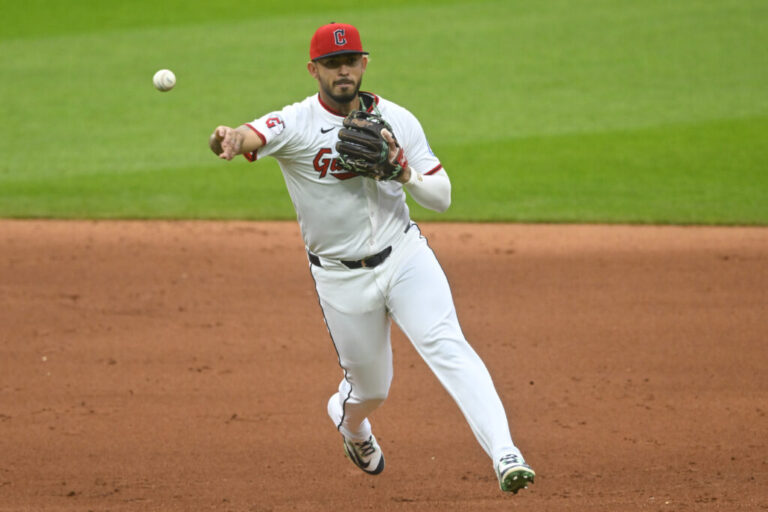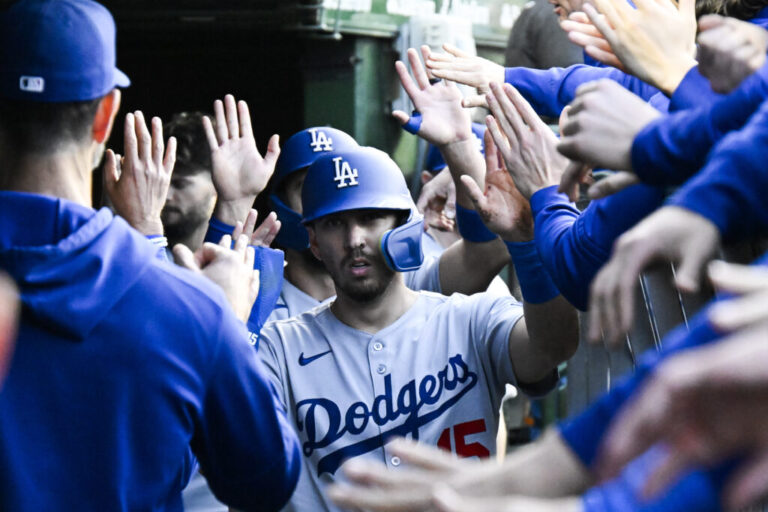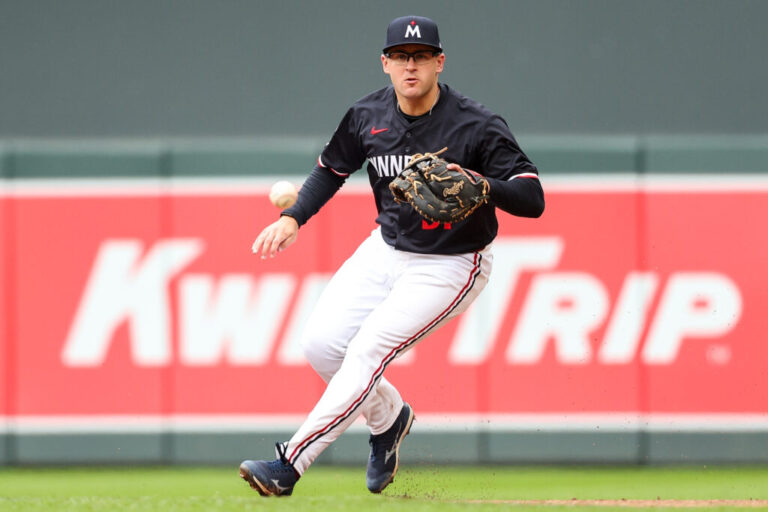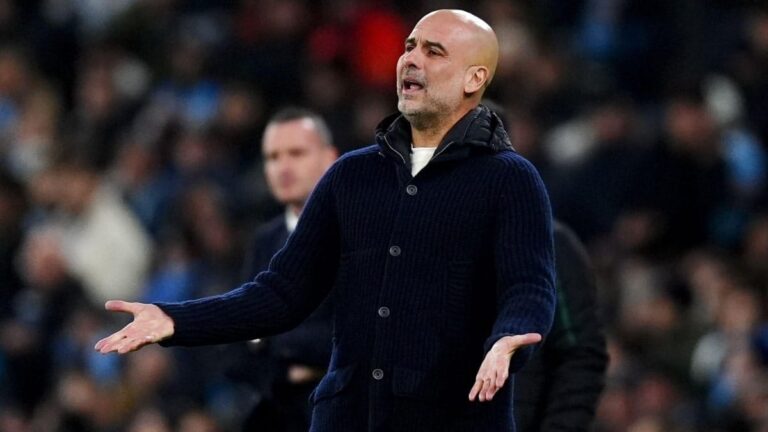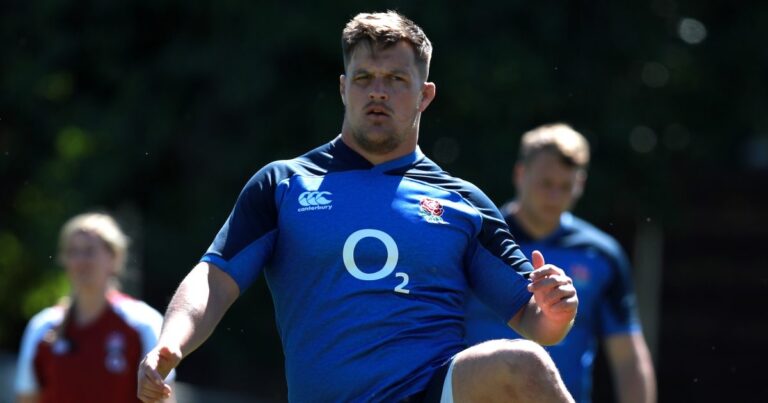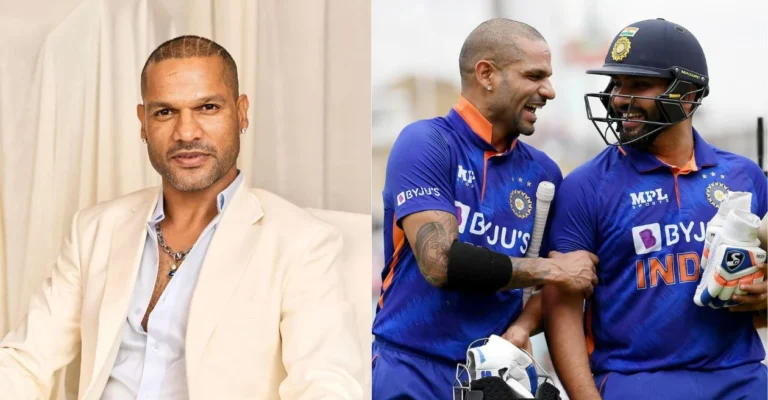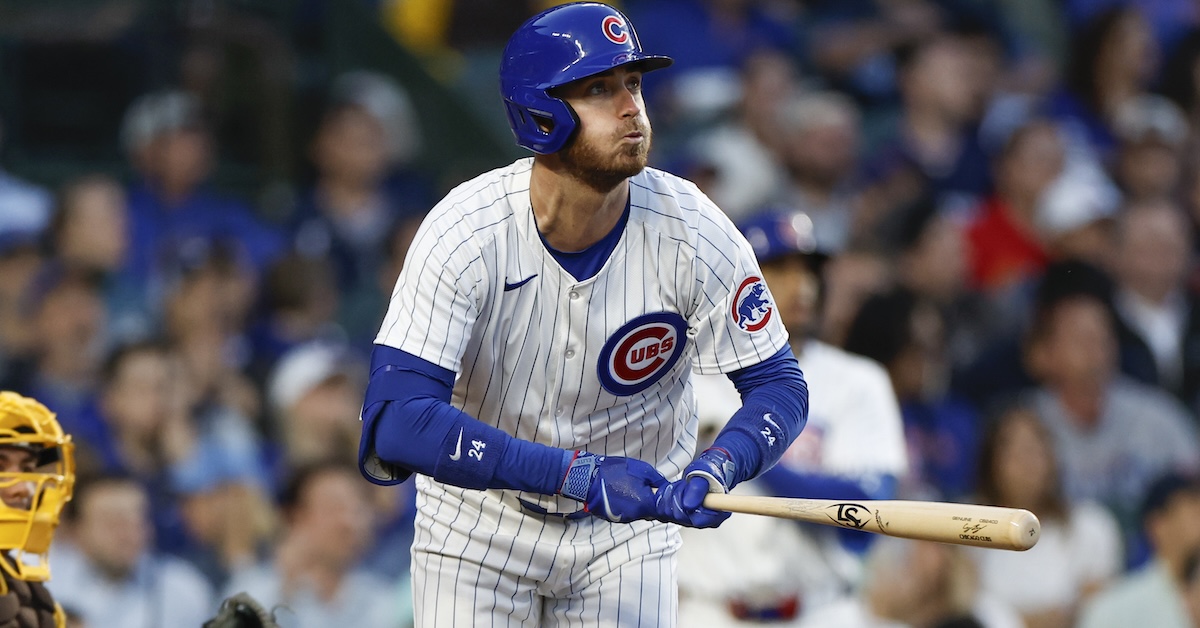

It’s probably been an awkward few weeks for Cody Bellinger. It’s been an open secret that the Chicago Cubs were trying to move him despite having signed him to a three-year, $80 million contract just one offseason ago. The emergence of Pete Crow-Armstrong as a credible hitter had already made Bellinger (and/or Seiya Suzuki) expendable, and once the Cubs won the Kyle Tucker sweepstakes, it was just a matter of waiting for the other shoe to drop.
And what a grand, stripey shoe it is. The New York Yankees have graciously agreed to take Bellinger off the Cubs’ hands, and to absorb all but $5 million of his remaining contract. Chicago also gets right-handed pitcher Cody Poteet in the deal. Thus the Great Cosmic Balance of Codys remains undisturbed.
Bellinger’s time in Chicago came to an end because he committed that unforgivable sin of merely being pretty good when his contract demanded more. Bellinger hit .307/.356/.525 in his first season with the Cubs, on a one-year prove-it deal. In 2024, he was a little more pedestrian: .266/.325/.426 with just 18 home runs — still good for a 109 wRC+, and with average defense in center field, 2.2 WAR.
Bellinger will make $27.5 million in 2025 and $25 million in 2026, but he can opt out after this upcoming season for a $5 million buyout. That means that if Bellinger stinks in 2026, the Yankees (or, previously, the Cubs) would be on the hook for an additional season at $25 million. But if he’s good enough to try his luck in free agency for the third time in four years, Bellinger could exercise his opt-out, effectively costing the Yankees $32.5 million for just one season.
If Bellinger puts up something like a five-win season, the Yankees would probably be happy with that deal, but it does give this trade a little less upside than your garden variety salary dump.
Fortunately, the Yankees have a spare $31 million in payroll to throw around after taking Juan Soto off their books.
It’s the latest odd turn for a player whose career has awed and mystified in equal measure. A first baseman who turned into a good defensive center fielder, a Rookie of the Year at 22, an MVP at 24, and a World Series winner at 25, Bellinger spent the final two seasons of his Dodgers tenure battling a multitude of injuries and a multi-year slump.
Peak Bellinger was able to swat 40 homers with ease, while still maintaining a strikeout rate not too much higher than his walk rate. That’s gone now, or at least the power is; he’s posted an ISO higher than .180 just once over the last four seasons.
Even Bellinger’s renaissance in 2023 had the signs of a mirage: He outproduced his xwOBA by 43 points, and posted a BABIP of .319, after putting up a .277 mark in the first six seasons of his career. Was there regression in Bellinger’s batted-ball luck in 2024? To an extent, but he also just wasn’t hitting the ball that hard. His xwOBACON dropped from .357 in 2023 to a career-low .326 in 2024, and even that previous mark was down more than 100 points from his MVP season.
Nowadays, Bellinger is the complete opposite of the type of player he looks like. He’s listed at 6-foot-4 and 203 pounds, and up close you’d swear that he’s at least 20% bigger in all dimensions, but he generates a lot of soft contact.
I apologize for giving the impression that I’m down on Bellinger, because he really is a good fit for the Yankees in several respects. Even before you get to the tangible on-field stuff, Bellinger is, as I just said, a gigantic man, and that fits with the Yankees’ whole vibe. Moreover, his father, Clay, played almost all of his major league career with the Yankees, where he had more World Series rings than career extra-base hits. (This is not literally true, but it’s plausible enough you were about to go look it up.)
Mostly it comes down to this. Here are the five players who played at least an inning in center field for New York this past season, plus Bellinger.
Yankees Center Fielders, 2024-25
Judge was the best overall center fielder in baseball in 2024, but that’s entirely on the strength of his bat. He probably could’ve rode around on a unicycle wearing hockey gloves and still come out as an above-average overall player. But Judge was a below-average defender in center, and ideally you probably want him to play right field.
Which he can do now, because both of the Yankees’ previous incumbent corner outfielders — Verdugo and Soto — are no longer with the team. Put Judge in right, Domínguez in left, and find someone to stand between them. Chisholm has extensive big league experience in center, but using him there would open up a hole at either second or third base, and that would require an external solution.
That leaves Grisham, who’s a good defender, but nowhere near the hitter that even late-stage Bellinger is. With the Cubs, Bellinger was expected to carry the lineup. The Yankees already have that guy, so if Bellinger is just an above-average hitter and a solid defender in center, that’s great. Bellinger also still has the ability to play first base, where he started 57 games and logged more than 500 innings over two seasons in Chicago. So if the Yankees don’t sign someone else and the Ben Rice experiment fizzles out at some point, Bellinger can offer them an option at yet another position of weakness.
And as you’re reading this, you’re probably screaming into your phone on the subway and frightening strangers, because I haven’t mentioned the best part: Bellinger stands to get a huge boost from a more favorable home ballpark. In 2024, he posted a 99 wRC+ at home and a 117 wRC+ on the road. The Friendly Confines were anything but. And there’s a specific reason to expect Bellinger to benefit: Wrigley Field has a big cutout in straightaway right field that puts the foul pole 353 feet from home plate — 39 feet farther than the right field fence at Yankee Stadium. And I expect that to be a big deal for a hitter with Bellinger’s specific characteristics.
See, most home runs are not actually 450-foot upper-deck screamers. If you hit the ball in the right place, you don’t have to hit it especially hard to end up on the trot. And Bellinger hits the ball in the right place: He’s a fly ball-happy pull-side hitter.
That means Bellinger gets a lot of home runs for his relatively limited bang. In 2024, he had just 67 balls in play with an exit velocity of at least 100 mph, or two more than Rob Refsnyder. But almost a quarter of Bellinger’s triple-digit batted balls — 23.9% the 13th-highest percentage among roughly 200 hitters with 10 or more home runs — ended up in the seats. Again, that’s with Bellinger playing half his games at Wrigley.
According to Baseball Savant’s expected home runs table, Yankee Stadium would’ve been the third-most home run-friendly park for Bellinger this past season, after Great American Ball Park in Cincinnati and Citizens Bank Park in Philadelphia. Bellinger hit 18 home runs in 2024; had he played all his games at Yankee Stadium, he would’ve hit 24. Had he played all of his games at Wrigley (instead of occasionally going on the road, as big league ballplayers are obliged to do), he would’ve hit just 15 — that total was tied for the fifth lowest out of the 30 parks. Whatever Bellinger’s feelings about Chicago and the Cubs in general, he’s probably happy to dispense with his viny tormentor.
And the Cubs will be equally happy to be rid of his contract.
The Cubs offloaded a sizeable financial commitment for a player who no longer occupied a position of need. I have no idea if the Cubs’ savings will go back into the major league roster, or whether they’ll get shuffled into God knows what corner of the Ricketts family’s banking, real estate, and political empire. I hope, for the sake of Cubs fans and the country, that it’s the former.
And I suppose it’s worth mentioning Poteet, a 30-year-old right-hander who came to the Yankees as a free agent a year ago, after bouncing around for a while in the Marlins’ and Royals’ farm systems. Poteet has made 24 big league appearances, 13 of them starts, over parts of three seasons. He mixes five pitches, ranging from an upper-70s curveball to a low-90s four-seamer/sinker fastball combo.
With the Marlins, he was more fastball-slider-changeup, but the Yankees had him lean more heavily on his slower breaking pitches: a sweeper and the aforementioned curveball. In five appearances (four starts) over 24 1/3 innings, Poteet’s results were great: a 3-0 record and a 2.22 ERA. But he gave up more hard contact than those numbers would indicate, and in those 24 1/3 innings, he struck out only 16 batters, against 18 hits, eight walks, and a hit batter.
Poteet is a serviceable swingman, and he has two options left, but if the Yankees had needed him in the majors they would’ve used him. And even though you can never have too much starting pitching depth, the Cubs were already pretty well-stocked. Poteet would be no higher than seventh on the Cubs’ starting pitching depth chart, and possibly as low as 10th, depending on how Cade Horton’s shoulder feels. And that’s assuming that the Cubs — who have been linked to Jesús Luzardo on the trade market — don’t go out and keep adding.
All of which reinforces the idea that Bellinger’s contract is the big moving part here. The Yankees are basically just paying cash — albeit lots of it — for a player you can’t get on the open market this year. Our Free Agent Tracker lists Harrison Bader as the best remaining free agent center fielder by 2025 projected WAR. Even counting players who have already signed, the list goes to Mike Tauchman way faster than the Yankees would probably like. If Tyler O’Neill is worth $49.5 million over three seasons, this can’t be that much of an overpay.
Bellinger won’t fill the wound left in the Yankees’ psyche when Soto left. But he will fill the hole in center field.
